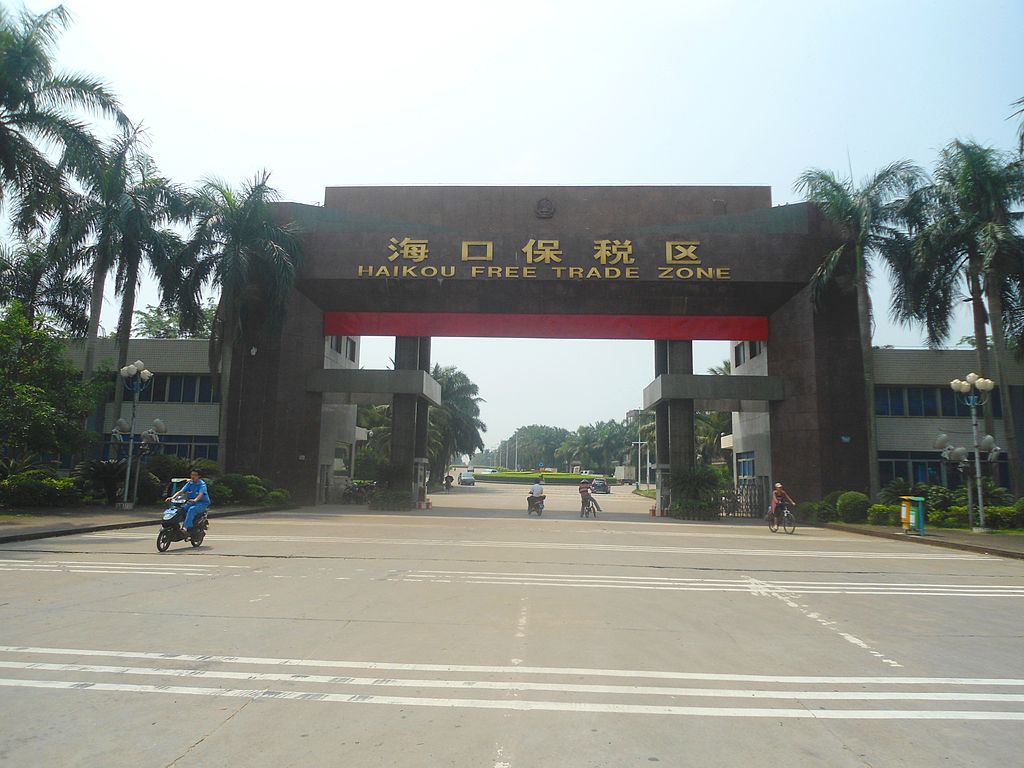Explainer: Free trade zones and free trade agreements
All the versions of this article: [English] [Español] [français]
22 November 2023
Explainer: Free trade zones and free trade agreements
by bilaterals.org
Free trade agreements, free trade zones and special economic zones are all designed to promote business-friendly regulations and encourage economic liberalisation, but they are different in nature. Find out what their differences are.
What’s a special economic zone?
A special economic zone (SEZ) is a geographical area within a country where companies and investors benefit from special regimes through incentives. Typically, they waive or reduce taxes and offer poor working conditions, including low wages, poor sanitation, intensive working hours, violence against women, while restricting union organising. They have also been criticised for encouraging land dispossession, particularly where land is converted from agricultural to industrial use.
SEZs can go by various names, including free trade zones, export processing zones, free zones, free ports, “maquiladoras”, and so on. Although most zones today are owned, developed and operated by a single private entity, their management may also be public or a public-private partnership.
In Honduras, the Economic Development and Employment Zones (known as ZEDEs) are a sweeping example of SEZs. They are private cities that amount to a corporate paradise, giving investors the power to create their own governance systems, write their own regulations, and establish their own security forces and separate courts. ZEDEs have been abolished in the face of opposition from trade unions, small farmers, indigenous organisations and domestic business groups.
According to the United Nations Conference on Trade and Development, there are over 5000 SEZs in the world. The concept of free ports has existed for centuries but modern zones emerged in the 1960s. Asian countries (particularly China) were the first to launch SEZ programmes in the 1970s, followed by Latin America in the late 1980s, and Africa in the 1990s and 2000s.
What’s a free trade zone?
A free trade zone (FTZ) is a type of special economic zone where goods can be imported, stored, handled, manufactured or transformed and re-exported under special customs regimes and generally free of customs duties. FTZs are usually established around major seaports, international airports and national borders - areas with many geographical advantages for trade. The main purpose of an FTZ is to remove the barriers to trade caused by customs regulations from a seaport, airport or border.
In summary, FTZs are special economic arrangements in a country or on the border between two or more countries, but they are not free trade agreements (FTA) signed between two or more countries, although the media sometimes mistakenly use the term free trade zone to describe an FTA.
What’s a free trade agreement?
A free trade agreement is an international instrument signed by two or more countries to promote international trade in goods and services, and foreign direct investment. FTAs typically lower tariffs, but also address so-called non-tariff barriers (i.e. norms and regulations). These can include rules on labour rights, liberalisation of public services, public procurement regulations or patent laws. They can also contain rules on investment protection, such as arbitration between investors and states to resolve disputes.
- Read also: What’s wrong with free trade agreements
Are they related?
Although they’re not directly related, free trade agreements can boost the activity of special economic zones. For example, the North American Free Trade Agreement increased the activity of maquiladoras in Mexico. The Central American Free Trade Agreement expanded the activities of ZEDEs in Honduras, and the African Continental Free Trade Area promotes the use of SEZs. In addition, investors operating in the zones are usually protected by the investment rules included in FTAs. Any attempt to strengthen labour rights or regulate corporate taxes could result in the country being sued in arbitration for millions or billions of dollars. Ampal-American Israel Corp sued Egypt for revoking its tax-exempt status and won $150 million in compensation. Prospera is currently suing Honduras for US$11 billion after the government decided to abolish the ZEDEs and thus the privileges for corporations operating in the zones.






